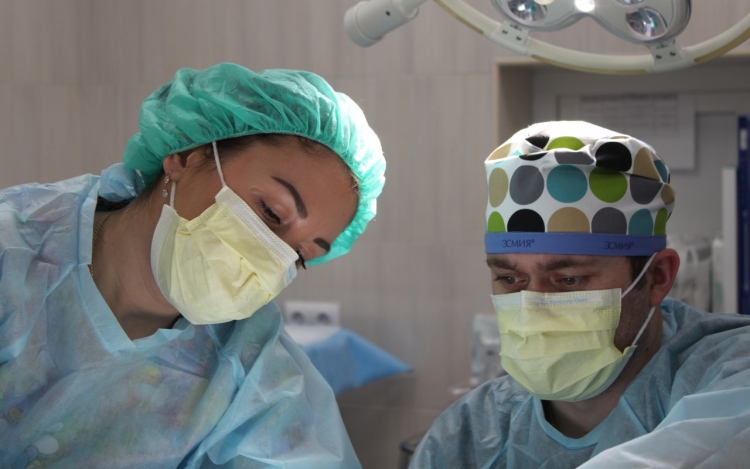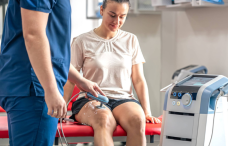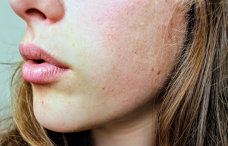When you decide to undergo cosmetic surgery, it is perhaps one of the biggest decisions you can make in your life. Cosmetic surgery is undertaken by many who wish to boost their confidence and self-esteem, but whether you have chosen to have a breast augmentation or rhinoplasty, you need to prepare for the post-recovery part of your surgery journey.
It will take time to recover following your cosmetic surgery procedure and there are some aspects of healing that you should expect, however, there are also things that you can do to actively aid and support your healing process. Your cosmetic surgeon should ensure that you are well-informed about the recovery process following your procedure, but with that in mind, here are some top tips on how to help your body recover following cosmetic surgery.
Stay Hydrated
It’s vital to keep well hydrated following your cosmetic surgery procedure by drinking between 2 and 3 litres of water each day. This can help your body to heal faster by flushing any waste material, such as pain relief and anaesthesia, from your body. By keeping hydrated, your blood will be able to help transport cells and nutrients to the surgery area, thus helping to promote quick and proper healing.
Water keeps skin hydrated, too, which means that the area around the surgery site is less likely to feel tight and uncomfortable. Plus, if you are drinking plenty of water this means that you are more likely to need to visit the bathroom, meaning that you are getting up and moving about regularly, which also helps healing.
Slow Down
When your surgery is complete, your surgeon will likely recommend that you rest and take things easy in order to allow your body the opportunity to fully heal and recover. This means resting throughout the day, but still being sure to get up every few hours or so and move around slightly.
You should absolutely avoid strenuous activities and heavy gym sessions until your surgeon has signed you off post-surgery as vigorous activity or movement can result in your stitches opening, which could massively impact your healing process and set your recovery process back. Some cosmetic procedures, such as Mummy Makeovers, can involve surgery on multiple areas of the body, meaning that extra care is to be taken.
Follow Good Hygiene Routines
When your surgery is complete, your surgeon will advise you to do as little as possible. Depending on the surgery you have had, things such as washing your hair or taking long baths should be avoided at first. This is because extended periods of time in the water can cause the skin to soften, which can disrupt your stitches and promote poor healing. In the early days following your cosmetic surgery, you should take short, warm showers and avoid swimming for a minimum of 6 weeks after your surgery.
You should also ensure that when changing your dressings, you have washed your hands beforehand. You should also check your wound regularly, again using clean, dry hands, for signs of infection or irregular healing. Be sure to look for signs of redness, warm patches and stitches or staples that have moved.
Eat A Healthy Diet
Eating after surgery is often the last thing on many people’s mind, but ensuring that you consume a healthy diet post-cosmetic surgery can not only help to promote healing, but it can also help your body to ward off any infection, speed up recovery and give you a much-needed energy boost.
Eating healthy fats is often recommended for patients post-surgery, particularly foods that are high in vitamin E, as they can help to reduce the appearance of scars. Nuts, such as almonds, oily fish, avocados and olive oil are good foods to consume following cosmetic surgery, as well as foods that are high in antioxidants as they can help to rebuild collagen.
You should also look to consume smaller, more regular portions of food throughout the day as opposed to large meals once or twice a day, as this cause your energy levels to remain at a more stable level throughout the day, rather than dipping and making you feel more tired and worn out.




